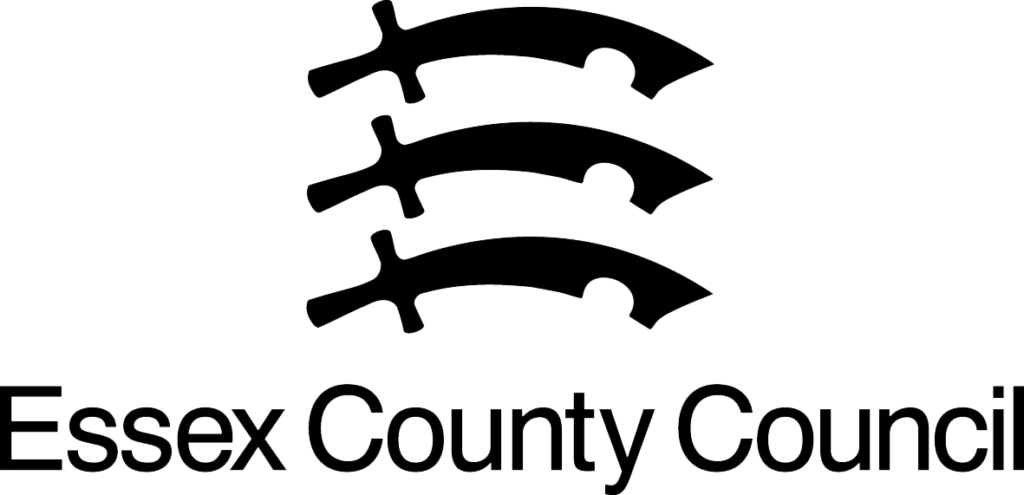We use cookies to enhance your browsing experience, and analyse our traffic. By clicking "Accept Specific", you consent to our use of cookies. View our Privacy Policy
“Relationships, Sex and Health Education should give young people the information they need to help them develop healthy, nurturing relationships of all kinds, not just intimate relationships. It should enable them to know what a healthy relationship looks like”. (DfE 2019)
High quality, evidence-based and age-appropriate teaching of these subjects can help prepare pupils for the opportunities, responsibilities and experiences of adult life. They can also enable schools to promote the spiritual, moral, social, cultural, mental and physical development of pupils, at school and in society1. Studies have shown that effective RSHE has a variety of benefits to young people including: reducing harm and sexual violence; being more likely to seek help or speak out: being more likely to practise safe sex and have improved health outcomes; more likely that the first sex is consensual; improve digital literacies; improve gender equitable attitudes and improve mental health2. There is no evidence that RSHE hastens the first experience of sex, these findings are confirmed by three separate evidence reviews3.
The aim of RSHE is to give young people the information they need to help them develop healthy, nurturing relationships of all kinds, not just intimate relationships. It should enable them to know what a healthy relationship looks like and what makes a good friend, a good colleague and a successful marriage or other type of committed relationship. It should also cover contraception, developing intimate relationships and resisting pressure to have sex (and not applying pressure). It should teach what acceptable and unacceptable behaviour in relationships is. This will help pupils understand the positive effects that good relationships have on their mental wellbeing, identify when relationships are not right and understand how such situations can be managed.4
References:
1. Department for Education, Relationships Education, Relationships and Sex Education (RSE) and Health Education, 2019
2. Sex Education Forum, Relationship and Sex Education: The Evidence, 2022
3. Kirby 2007, UNESCO 2016 and NICE 2010.
4. Department for Education, Relationships Education, Relationships and Sex Education (RSE) and Health Education, 2019
At ESHS we have dedicated practitioners trained to support and deliver RSHE. This includes delivering in-house training to education and other establishments to upskill staff and support the to have the confidence to deliver RSHE related subjects to young people. The service can also offer education in small group settings, in educational settings or informally at youth groups and other events. For more information about our training please click here If you would like to request in-house training or education you can email us at provide.eshsoutreachteam@nhs.net For those young people that may require some additional one to one support around RSHE you can view information about our one to one education and early intervention programme.
For more information view our relationship and sexual health education offer and Relationships, sex and health education training documents.
RSHE Recognition Certificate
Essex Sexual Health Service are committed to supporting young people to have access to high quality, inclusive relationships and sexual health education (RSHE). The RSHE recognition awards scheme works with an aim to increase educational staff’s confidence to deliver RSHE related topics, to support educational establishments to have best practise relating to RSHE working towards a whole school approach to RSHE learning, ensuring to incorporate the voice of their pupils, and engaging with parents and carers to support further learning at home. To recognise educational establishments participation to the programme and their commitment to RSHE, ESHS will then award the educational establishment with a Bronze, Silver or Gold Certificate, demonstrating their commitment to RSHE, The programme is designed to support educational establishments to become self-sustainable in relation to RSHE, without the need for dependence on outside agencies delivering to their students, but rather any delivery from outside agencies should enhance the comprehensive programme that is already incorporated within the setting.
For more information about the programme click here and to access the application forms use the below links.
To make an application for bronze click here
To make an application for silver click here
To make an application for gold click here
For educational establishments that do not wish to participate in the RSHE recognition certificate, ESHS is still able to offer alternative support.
Click here to view our video explaining more about the RSHE Recognition Award Scheme.
ESHS want to ensure their service supports all young people in Essex, regardless of where they receive their education. The service offers workshops for home educated support groups or session, and can also deliver specialist training to parents that home educate. If you would like to find out more information or request a booking please contact 0300 373 3421 or email provide.eshsoutreachteam@nhs.net
Your journey with Essex Sexual Health Service begins with a conversation. Whatever your query or area of interest, we’re here to help. From detailed enquiries about our diverse services to general information requests, our dedicated team is ready to assist you.

Registered address: 900 The Crescent, Colchester Business Park, Colchester, Essex, CO4 9YQ. Registered in England and Wales No. 07320006.
We use cookies to enhance your browsing experience, and analyse our traffic. By clicking "Accept Specific", you consent to our use of cookies. View our Privacy Policy